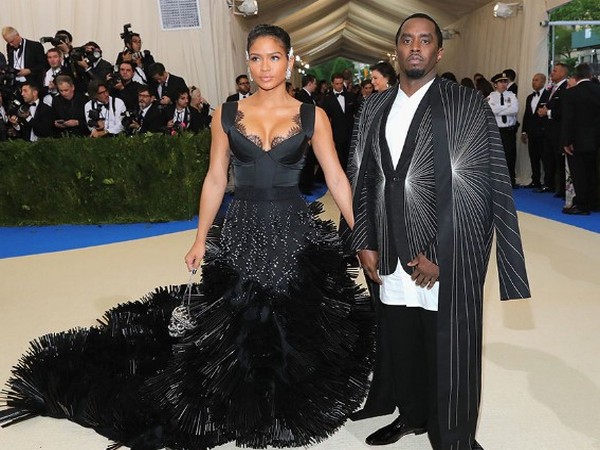Legal Battle: Judge Denies Anonymity in Diddy Rape Case
A federal judge ruled that a woman accusing Sean 'Diddy' Combs of rape must reveal her identity to proceed with her lawsuit. This decision affects other civil cases against Combs, who also faces criminal charges. Judge cited public interest in openness and Combs' right to investigate accusers.

In a pivotal decision, a federal judge has ruled that a woman who accused music icon Sean 'Diddy' Combs of rape must disclose her identity if she wishes to continue with her lawsuit. The ruling, delivered by U.S. District Judge Mary Kay Vyskocil in Manhattan, highlights the importance of transparency in legal proceedings and may influence other civil cases against Combs.
The plaintiff, known as Jane Doe, claimed she was raped and threatened by Combs at a Manhattan hotel in 2004. Her legal team argued for anonymity, citing the sensitive nature of the allegations and potential harm. However, Judge Vyskocil emphasized the public's right to know the accusers and Combs' entitlement to evaluate Doe's credibility.
Combs, who also faces criminal sex trafficking charges, has pleaded not guilty and denied any misconduct in civil lawsuits. His lawyers demand identification of accusers to better prepare for a 2025 trial. Meanwhile, Combs remains in detention in Brooklyn, appealing his arrest. The case underscores the broader debate over privacy and public interest in high-profile lawsuits.
(With inputs from agencies.)










